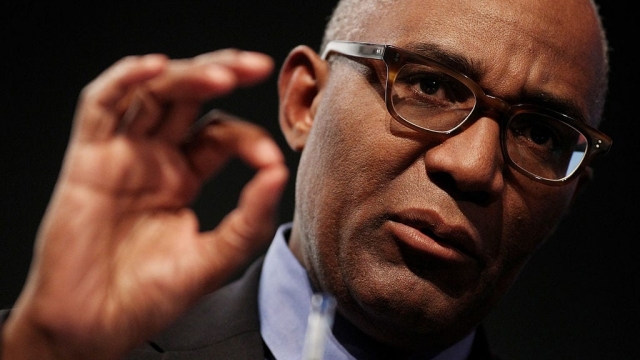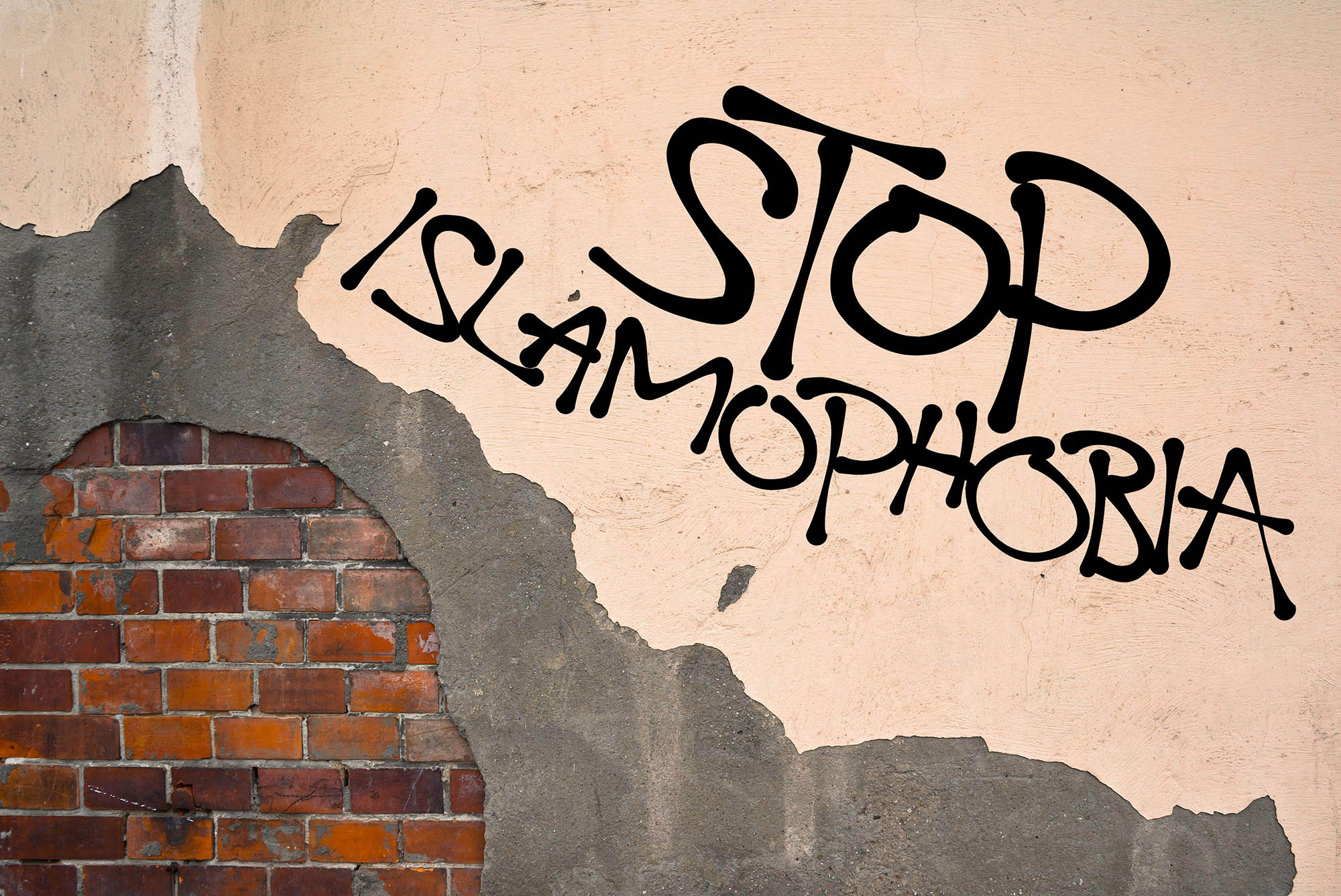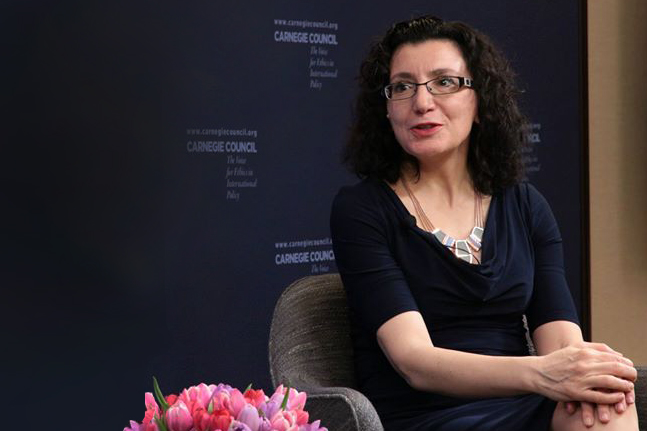Through the process of globalisation, in which increased migration and advanced possibilities of communication are major factors, the socio-cultural and religious landscape has undergone major modifications worldwide. Religion and religious movements in general have come to the fore, but also religious minorities have gained importance in influencing cultural, social, juridical, political and economic issues of the societies in which they are imbedded. Through the processes related to globalization, people are informed of and connected with events happening all over the world and feel affected and influenced by them. Religious minorities – be they recent or century old communities – are no longer encapsulated within their local communities, but connected through global mechanisms that form the contemporary religious landscape. From a religious historical perspective, the relation between Europe and the Middle East has been for more than a thousand years important, yet tumultuous. In both regions, Europe and the Middle East, religious minorities found their place and often stayed connected through historical and/or religious ties to the other region. Several large Christian communities remained in the Middle East after the islamization of the region. Recent migration flows from Mediterranean countries brought Islam back into Europe.
Muslim communities with diverging regional and ideological backgrounds are becoming more and more part of the European landscape. The influence of globalisation gives way to a shift in position of minorities in their relationship to the majority culture, in which religion is played out as a key element. We also witness a reinterpretation of the minority issue in itself and a repositioning of minority communities within the dominant strand of society. The interaction between global and local contexts incite new dynamics in the minority issue and demands for a renewed academic analysis.





